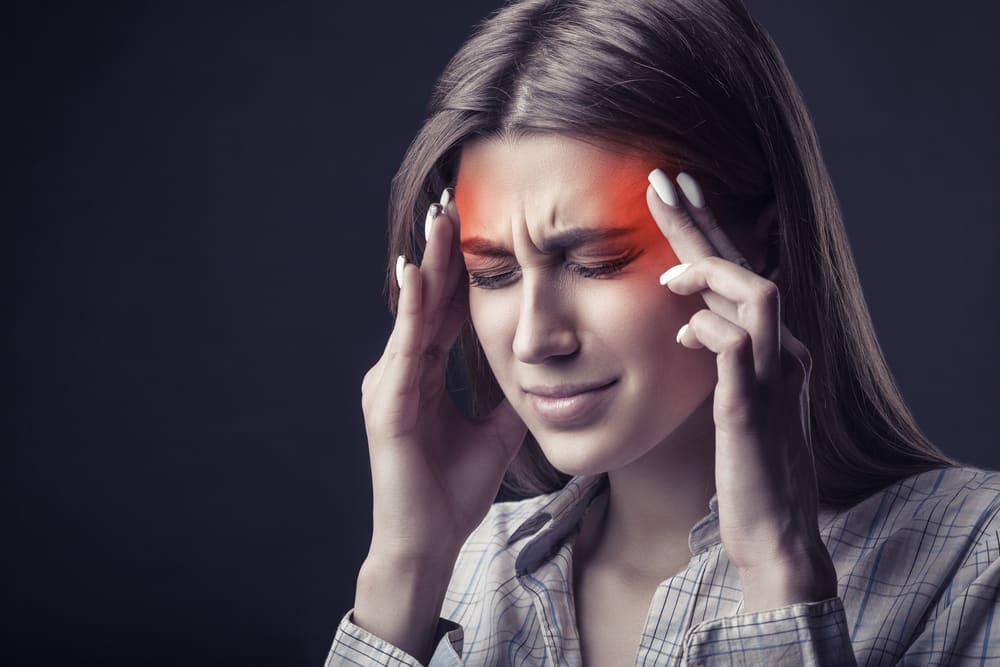
How can you differentiate between a migraine headache and regular headache? Some people experience a recurrent headache. It can range from whiplash (pain at the back of the head in the neck) to sinusitis and other infections caused by bacteria and viruses.
What is Migraine?
Migraine is a common neurological disease where the affected person faces a moderate to severe headache that is often accompanied by nausea, vomiting, dizziness, and sensitivity to light. Normally, it lasts for 4-72 hours.
Migraine is the third most prevalent and seventh most common cause of disability in the world. Women are 3 times more vulnerable than men. Though it starts generally between 15-24 years of age, it is most frequent during 35-45 ages.
Signs & Symptoms
This is much more than a bad headache and creates unbearable pain leaving you in bed for days. The symptoms of this disease vary from patient to patient. The major signs include:
- Sensitivity to light, sound, occasionally smell and touch
- Fatigue
- Throbbing pain ( pulses or beating sensation)
- Nausea and vomiting
- Visual Disturbances or temporary loss of vision
- Numbness & Tingling
- Irritability and difficulty in Speaking
Aura involves appearing black dots, wavy lines, hallucinations, and flashes of light.
Causes
Hormonal changes in women such as before or during menstrual periods and pregnancy & menopause
Stress & Depression
Sensory stimuli
Sleeping disorders or changes
Weather Changes
Loud noise
Certain food substances and medications
There is no specific cure for migraines yet. But medications can prevent it and stop things getting worse. Then, the patient can avoid the things or lifestyle change that triggers migraines such as remaining stress-free and having good sleep habits. See the doctor when the head pain comes back again and again.
